
Unlike dental bridges or dentures, dental implants have quickly become the standard in modern dentistry for replacing one or more missing teeth. Made of first-rate titanium, dental implants are synthetic structures placed into the jawbone to function just like a strong, natural tooth root.
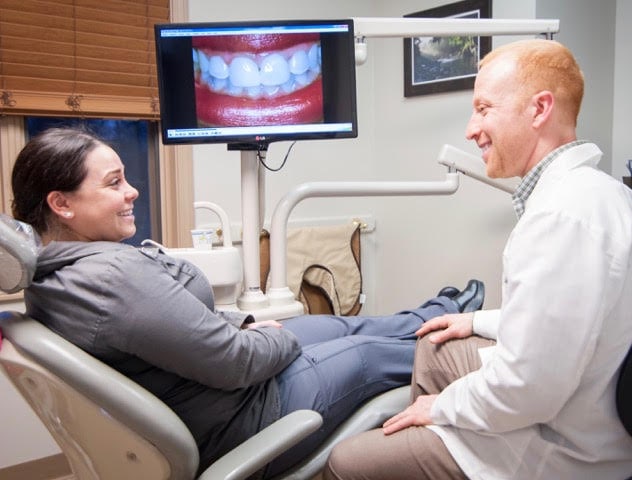
Dental implants are the only form of tooth replacement to be permanently anchored into the jawbone and won’t slip, shift or move out of place. Each implant is specially placed to support a natural looking replacement tooth, known as a dental crown or to secure a permanent bridge. Find out more about our dental implants or implant supported dentures in Southington by giving us a call at (860) 628-5029 to schedule a consultation.
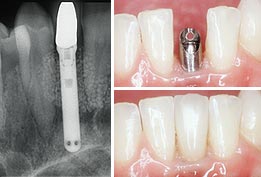
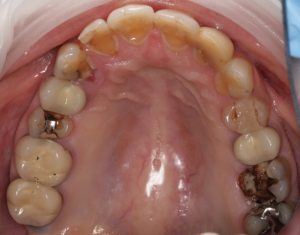
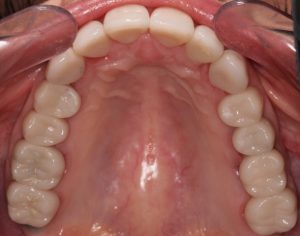
If you are considering tooth replacement, Dr. Salesky will review certain factors of your dental health including your bone density, immune system and medical history.
Candidates for dental implants can expect a high success rate with the procedure, with results lasting as long as a lifetime. Because each implant and artificial tooth is personalized to your needs, they will look and feel just like your natural teeth.
If you are considering dental implants in Bristol, Wolcott, Plantsville or nearby, our team will help keep you informed about what to expect about our dental implant process.
At Southington Dentistry we offer various types of dental implants to suit your dental needs. These implants include full upper and lower, anterior, posterior, and single-tooth replacement options:
Full Upper or Lower Tooth Replacements
This process involves replacing all of the the upper or lower set of teeth and can be removable and clip in or fixed permanently in certain cases.
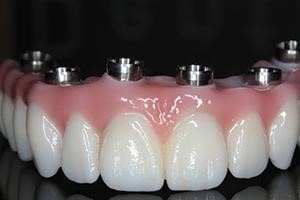
Anterior Replacement
Anterior replacement is used to replace the incisors or cuspids, also known as your front teeth.
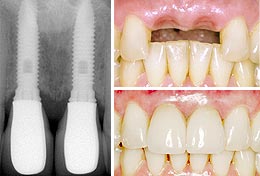
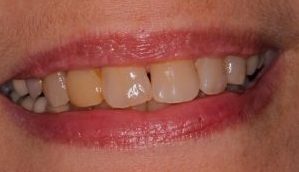
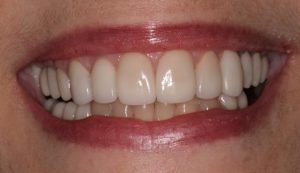
The process of osseointegration is what allows your dental implant to become integrated with your jaw bone, making it a natural part of your mouth. The term comes from the Latin osseo, meaning “bone” and integrate, meaning “to make whole.”
This process can only occur in the human body with certain materials, which is why titanium is the most commonly used material for dental implants. In the 1950s, it was discovered that bone could grow around and bond to titanium, and this discovery was partially responsible for the invention of dental implants.
Once your dental implant is placed, the process of osseointegration begins. Over time, the bone surrounding your implant will continue to grow around it and bond to it, locking it into place and preventing it from moving or shifting.
This process can take anywhere between 3-6 months. While you may feel as if your mouth has completely healed from its dental implant within just 2 weeks, osseointegration may take 3-6 months or longer, depending on the health of your jaw bone and your overall health. This is why the process of placing a dental implant at Southington Dentistry takes longer than other alternative restorative therapies.
Another benefit of dental implants is that they prevent bone resorption. Usually, when you lose a tooth, the jaw bone underneath your missing tooth slowly begins to deteriorate. Teeth exert pressure and force through the root into your jaw, which stimulates it and keeps it strong.
When you lose a tooth, though, the jaw bone no longer receives this stimulation and begins to weaken. Within a year, you may lose up to 25% or more of your bone mass below your missing tooth. Even if you have a dental bridge or a partial denture, this process will continue, as these restorations don’t stimulate the underlying jaw bone.
Dental implants can prevent this. When implants are inserted into your jaw bone, they bond with your surrounding tissue and act as an artificial tooth root. Then, once a restoration like a crown is placed to restore your tooth, the implant will transmit force and pressure from biting, smiling and chewing, just like a natural tooth would. In turn, this prevents the jaw bone from deteriorating and strengthens it over time.
If your jaw bone deteriorates beyond a certain level, you may no longer be able to have an implant placed into your jaw because it won’t be strong enough to hold the implant. Sometimes, a treatment like a bone graft or sinus lift can be used to add bone to the area and support an implant, but this will cost additional time and money.
In addition, bone resorption can change the appearance of your face, making it look “sunken” in areas of bone loss, particularly if you are missing multiple adjacent teeth. Having an implant placed within a year of losing your tooth can help you avoid these issues and preserve the strength, structure, and integrity of your jaw bone.
For more information on Dental Implants in the Southington, CT area call Southington Dentistry at (860) 628-5029 today! Whether you are a new or returning patient in Plainville, Cheshire, Wolcott, Bristol or Southington we look forward to providing you with your best experience at the dentist.
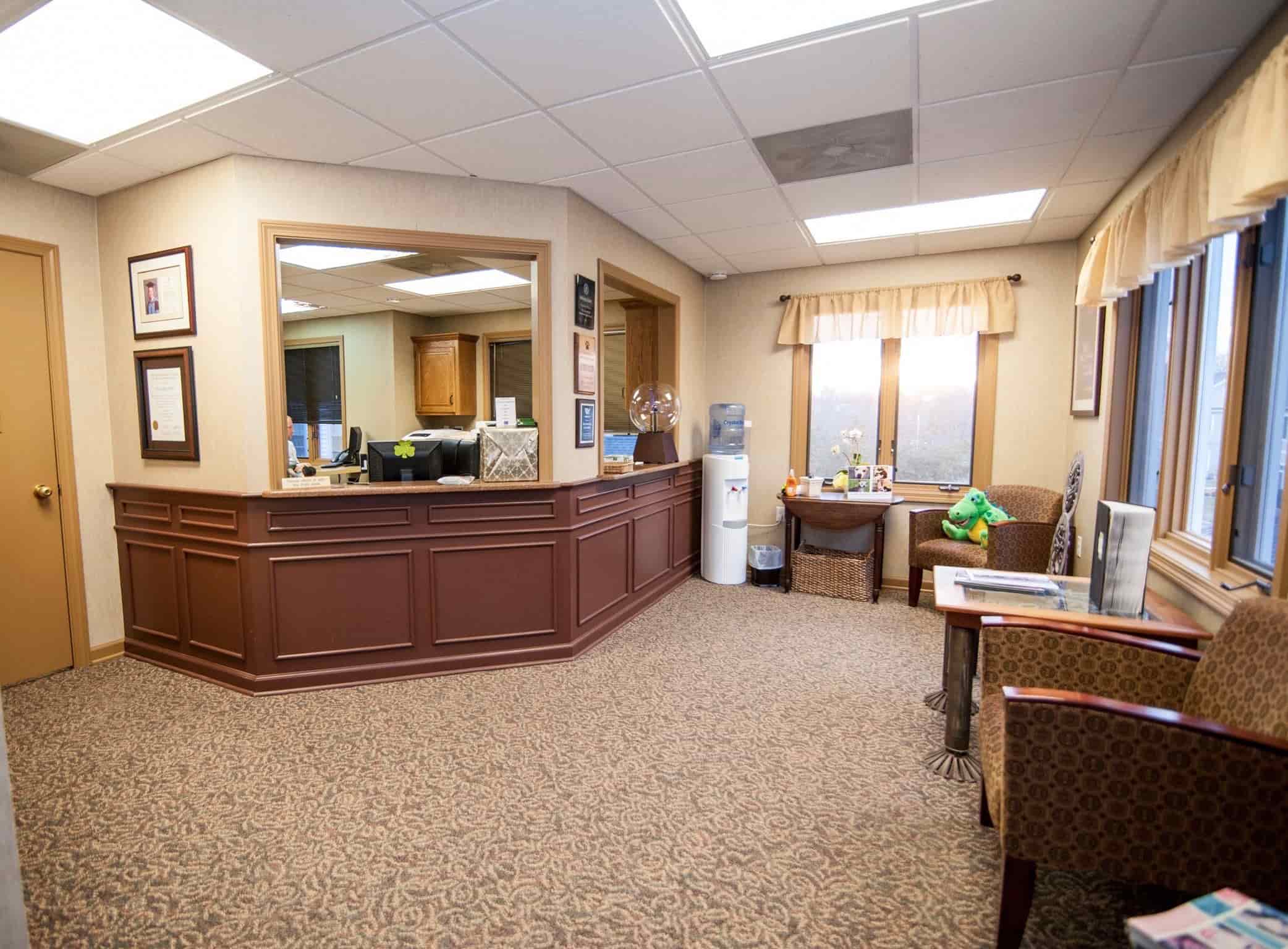
Proudly Serving Plantsville, Milldale, Marion, Bristol, Plainville, New Britain, Berlin, and surrounding cities in Connecticut